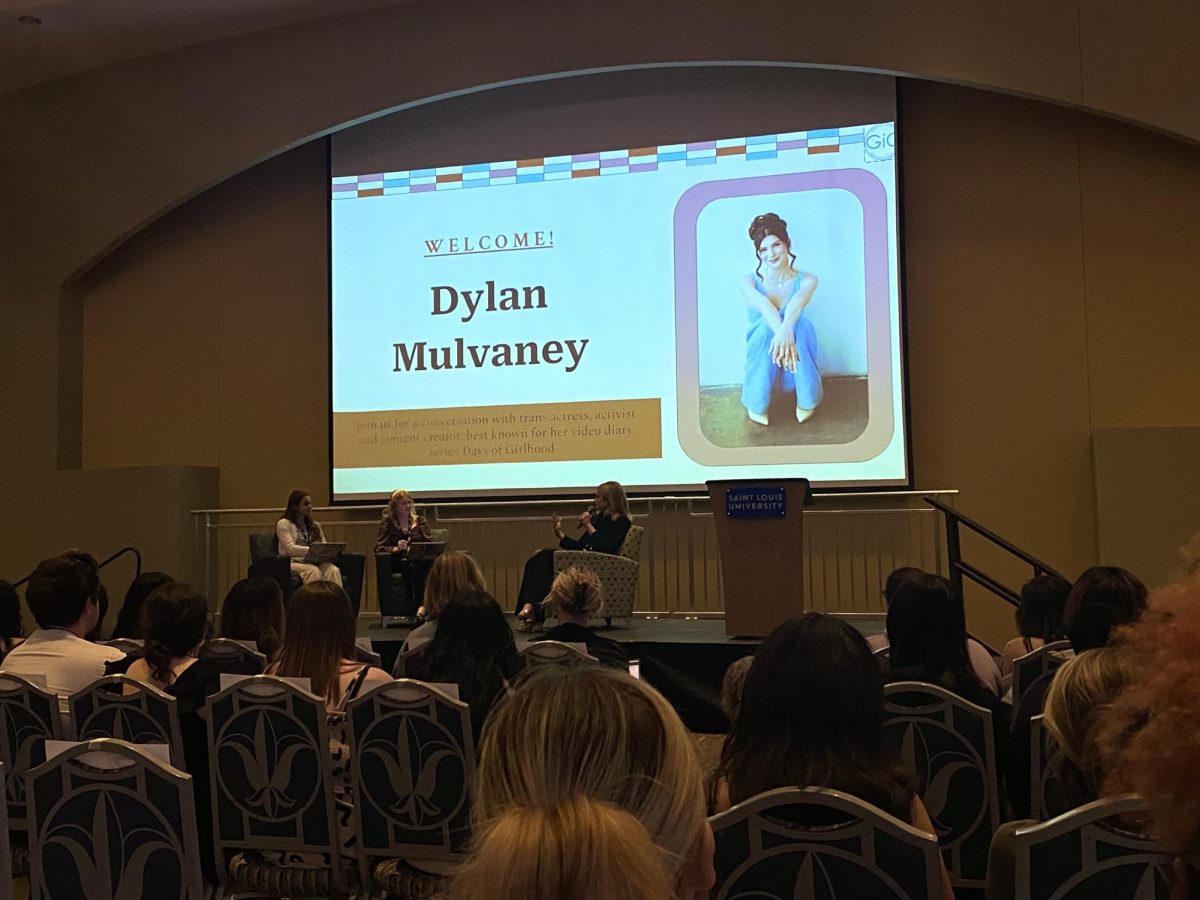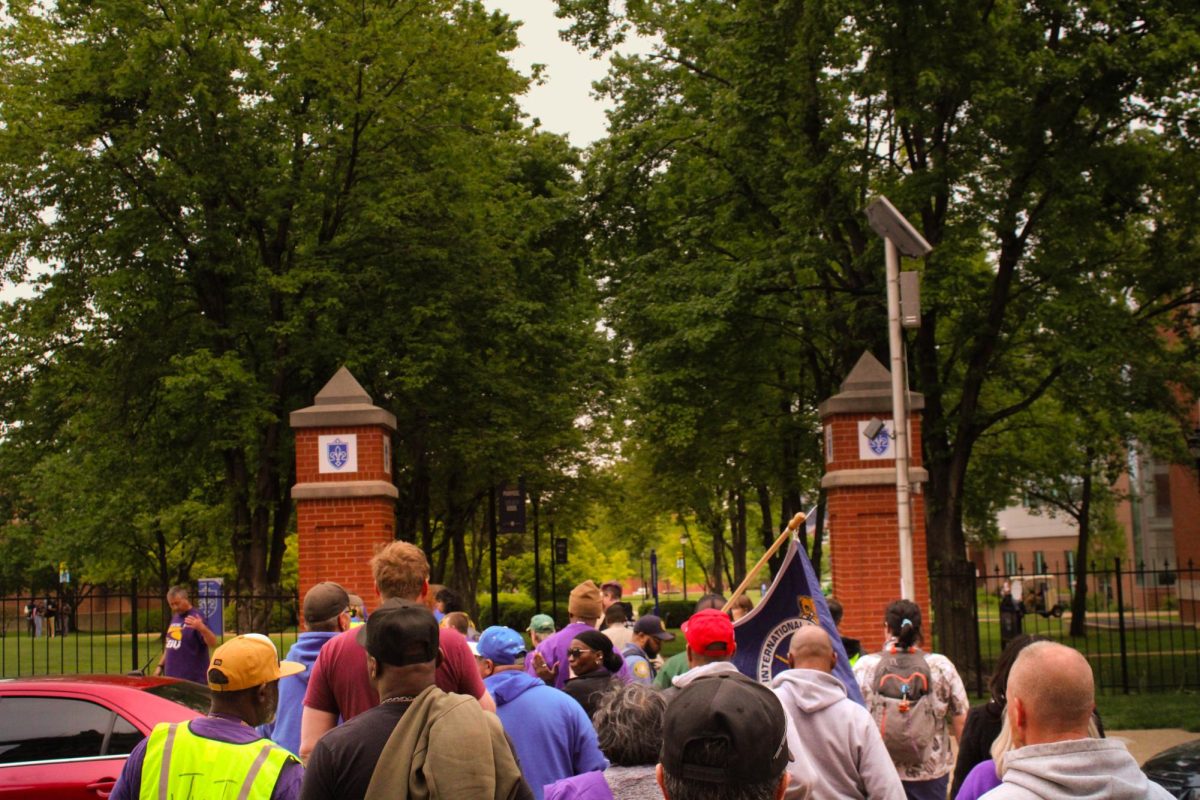On Feb. 23, the Student Government Association held elections
for representatives during the 2004-2005 school year. At the end of
the night, there were still empty seats in four out of the five
graduate programs’ senate seats. This has been a developing trend
in the past years.
The seats for the School of Medicine, the John Cook School of
Business, the School of Social Service and the Graduate School
senate seat have all been left empty this election. The School of
Law, the only school to have representation, filled both of its
seats.
“Because of what SGA is and does, it appeals more to law
students. Law students have always had some involvement,” said Rich
Sykora, the current senator for the School of Law.
“I’m rather impressed with the turnout at the law school (in
Monday’s election). I know at least 150 people did vote from the
law school,” said Tyler Heimann, one of the victors in last
Tuesday’s election, with a senate seat for the School of Law.
“You have to take into account a couple of things,” Heimann
said. “First, all of us are commuters, a group which notoriously
has a lower voter turnout. Second, all of us are in graduate school
and the importance of campus elections does not rank high on the
priority list for many people … Lastly, the law school has a
great number of people that are evening students, or are only here
a few hours a day and spend the rest of the time at ‘real jobs’ or
studying.”
“SGA does not market much to graduates. They send e-mails and
put up a poster or two since there is not a word of mouth with the
current senators,” Sykora said.
“I get e-mails about what they are doing but they aren’t too
interesting to me,” said Todd Sivia, former senator for the School
of Law.
Sykora has another explanation for the lack of graduate
involvement in student government. “There is a general apathy among
graduate students,” he said.
“SGA is made up of good people who work hard and I wanted to be
a part of it and I wanted to bridge the gap between law students
and the undergraduate students,” Sykora said. “There are a number
of issues that made me want to get involved and see things
changed.
“SGA might be more willing to tackle more issues that would
impact graduate students if there was more participation,” Sykora
said. “In the past I feel that the administrative vice presidents
have not done an adequate job recruiting.”
Part of the SGA administrative vice president’s job is to
recruit students to run for the senate seats in the elections.
“[Graduate students] are not running for the spots but are willing
to fill vacancies later on. I think they see the elections as an
undergraduate thing,” said Vince Giacabazi, this year’s election
commissioner and last year’s administrative vice president.
“Commissioners should always give benefits of the doubt and
accommodate to graduate students because we want their voice in
senate.”
“If I had to narrow it down to one thing, I would say time,”
said Daniel French, former School of Law senator. “Each part of law
has its own organization. There are so many things to worry about
that SGA is out of the scope … The reason I am not in SGA now is
because of time conflict.”
An underlying problem to the empty seats for these schools is
the meeting time. SGA meetings are held every Wednesday night at 5
p.m.
“Most classes for graduate students are at night, conflicting
with meetings,” Sivia said.
“We need to keep meeting at 5 p.m. because the administration
needs to come. I don’t know what time we could change it to that
would work (for the graduate students),” said Sarah Keller, this
year’s administrative vice president.
“About six years ago, SGA and the Graduate Student Association
made the joint decision to become separate organizations. This
decision was based on the differing needs of graduate and
undergraduate students,” said Erin Kennedy, president of the
GSA.
“Over the past year, the Graduate and Professional Student
Association and SGA executive board work together to address
concerns that affect both the undergraduate and graduate students,”
Kennedy said. “Thus, I think that graduate students do have
representation on SGA, via the working relationship between the
GPSA and SGA executive boards.”
“This year we have had big issues where graduate students’ input
has been very valuable and needed, such as the student activity
fee,” Giacabazi said, referring to the decision made earlier this
semester to keep the activity fee increase referendum off the
graduate students’ ballot.
“There are times when we would greatly appreciate the graduate
student voice, ” Keller said. “The fact that we have involved the
GPSA is new this year. Once we get that voice we can start to
understand what needs they have.”
“In 2002, the decision was made and approved by the
administration for the GSA to retain 83 percent of graduate
students’ activity fees and for SGA to get 15 percent, owing to the
fact that graduate students may be interested in participating in
campus-wide organizations and events. The other 2 percent of the
graduate students’ activity fee is allotted to the Graduate and
Professional Student Association (GPSA),” Kennedy said.
“It’s always good to have a voice in SGA. We don’t want taxation
without representation,” Sivia said.






